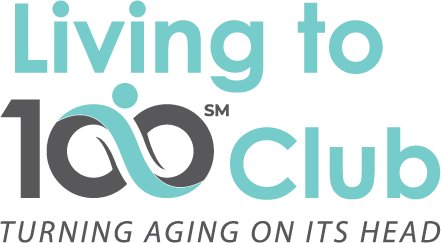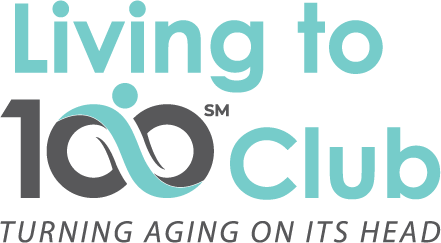by Joe Casciani
Researchers studying age-related decline have been pursuing drugs that inhibit a pathway that regulates growth and metabolism in cells. What they have discovered is that besides regulating cell growth, this pathway, referred to as the mTOR pathway, is also associated with revved up aging, and consequently, age-related health problems. So, research is now showing that drugs that slow down or throttle back this mTOR pathway seem to be bolstering immune systems and reducing risk of respiratory disease.
In an article distributed to several health magazines, Sari Harrar, a widely-published health and medicine writer, interviews several of these researchers, including Joan Mannick, Chief Medical Officer at a Boston drug company, resTORbio. This company has now conducted several double-blind studies and have found that a drug they discovered, RTB101, inhibits the mTOR pathway. In one study, in a sample of 900 subjects, the drug bolstered the human subjects’ immune systems, reduced risk for respiratory disease, and for some, lowered the risk of urinary tract infections. In a second study, 264 subjects took RTB101 and results showed 31% fewer respiratory infections (colds, flu, bronchitis, pneumonia), and 52% fewer severe infections than those in a control group. And for those subjects with asthma, 68% fewer subjects reported infections. The findings basically revealed that for those subjects taking this drug, anti-viral defenses were turned up. Even more striking was the benefit for those in the 85+ age group: 67% had fewer infections.
The researchers highlighted the potential importance of this for the older subjects because respiratory infections are the 4th leading reason for hospital admissions and the 8th leading cause of death for the 85+ age group. Mannick reports that the drug is still under review by the Food and Drug Administration, but could be available by 2021 and approved for treatment of winter colds, flu, and respiratory infections.
Can We Arrest Aging?
Is RTB101 the magical elixir, the true anti-aging drug that will remove all risk of age-related health problems? Not likely. Researchers in this field are quick to caution that most anti-aging compounds are usually unproven rejuvenation gimmicks. However, they also point out that in the U.S. in 2017, people spent $194 Billion on anti-aging products so the craving is there for answers to putting the brakes on aging itself. They also point out that, in a sample of 55,000 Americans over age 65, only 48% rated their health as very good or excellent. But, scientists in this field are also emphatic about the need for rigorous, reproducible studies, and avoiding premature, questionable offerings to the public.
This article also highlights the effects of aging on a cellular level, trouble spots that used to keep us healthy and now change on a cellular level with advancing age: inflammation (natural defenses now stuck in high gear), speeded up metabolism, reduced ability for the body to heal itself due to free radicals or “zombie cells” (i.e., cells that refuse to die and end up glomming up our joints and pumping out inflammatory compounds), reduced ability to activate stem cells, and physical and emotional stress taking a greater toll on the body. We will soon be hearing more about senalytics, drugs that kill senescent or “zombie” cells.
And, the good news is that until we have a life-extending pill, there are ways to slow down the aging process: fruits and vegetables containing phytonutrients that fight age-related cell damage; lean protein that helps us to hold onto muscle better; strength training because it improves metabolism and mobility by maintaining muscle; aerobic exercise; sunscreen and shades that reduce sun exposure that activates free radicals and damages DNA; weight loss to reduce inflammation; and the easy to understand vacation/relaxation time to offset chronic stress.
For those interested in reading the original article, see Can a Single Pill Keep You Healthy to 100? By Sari Harrar.

